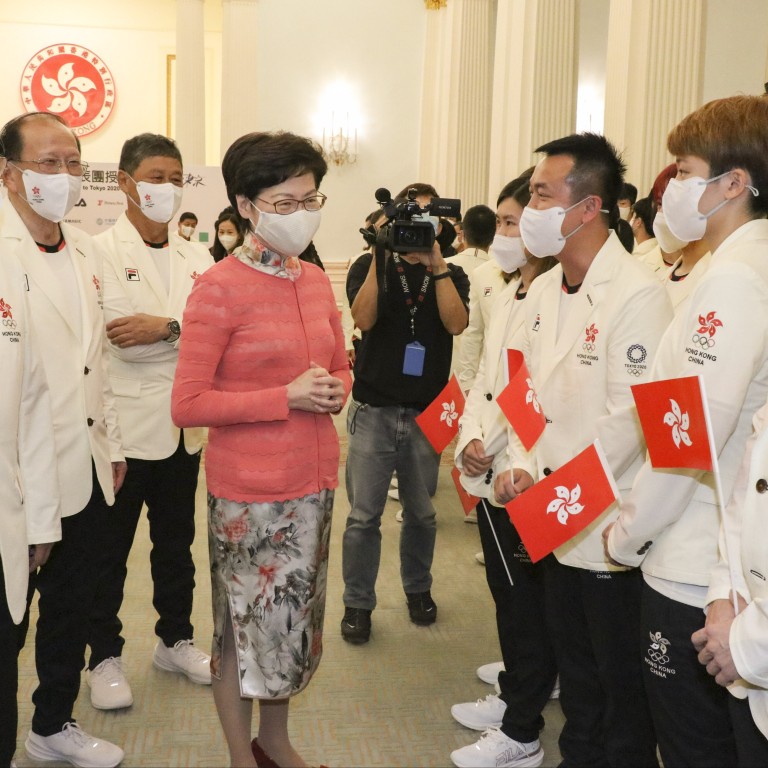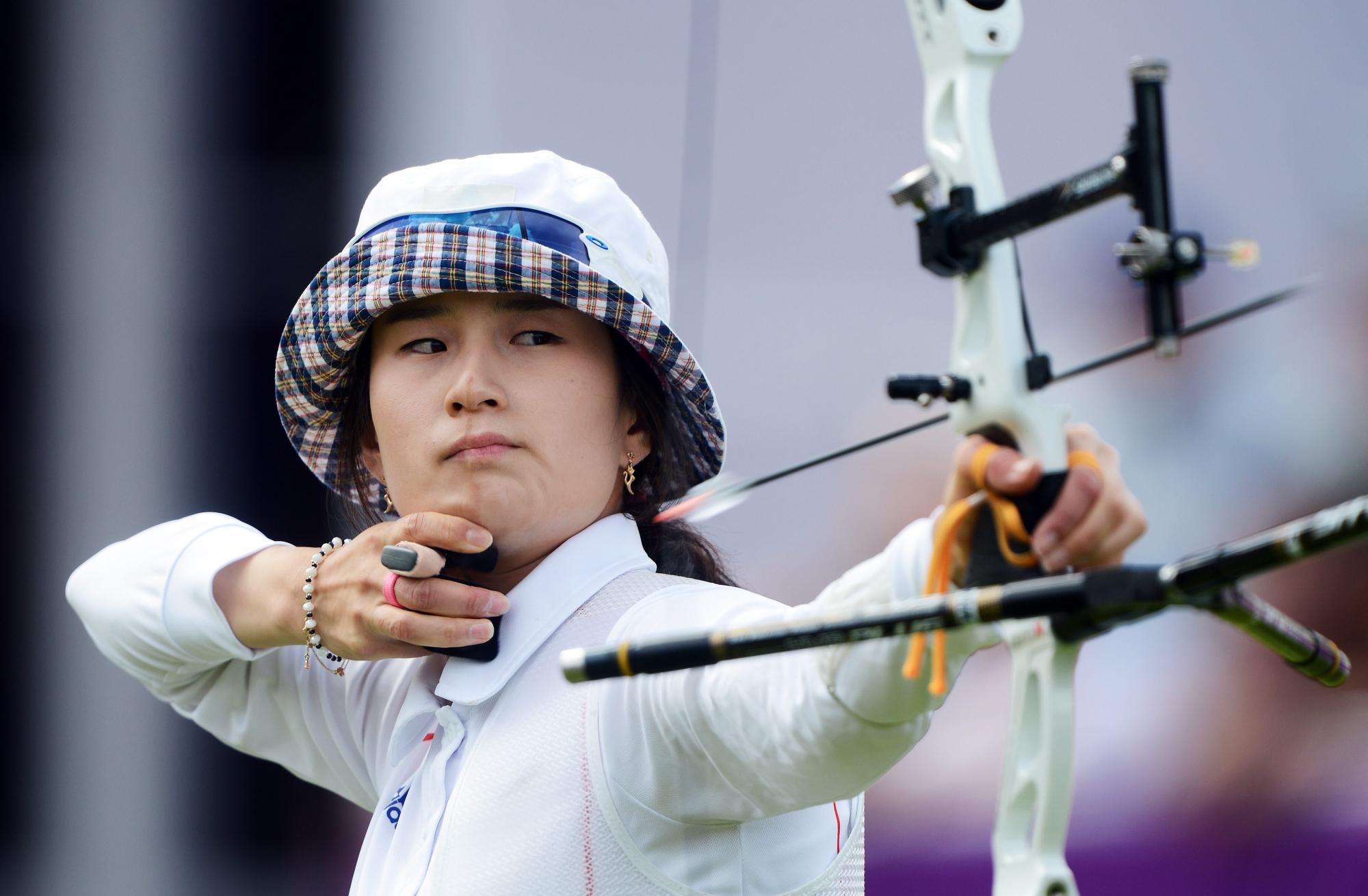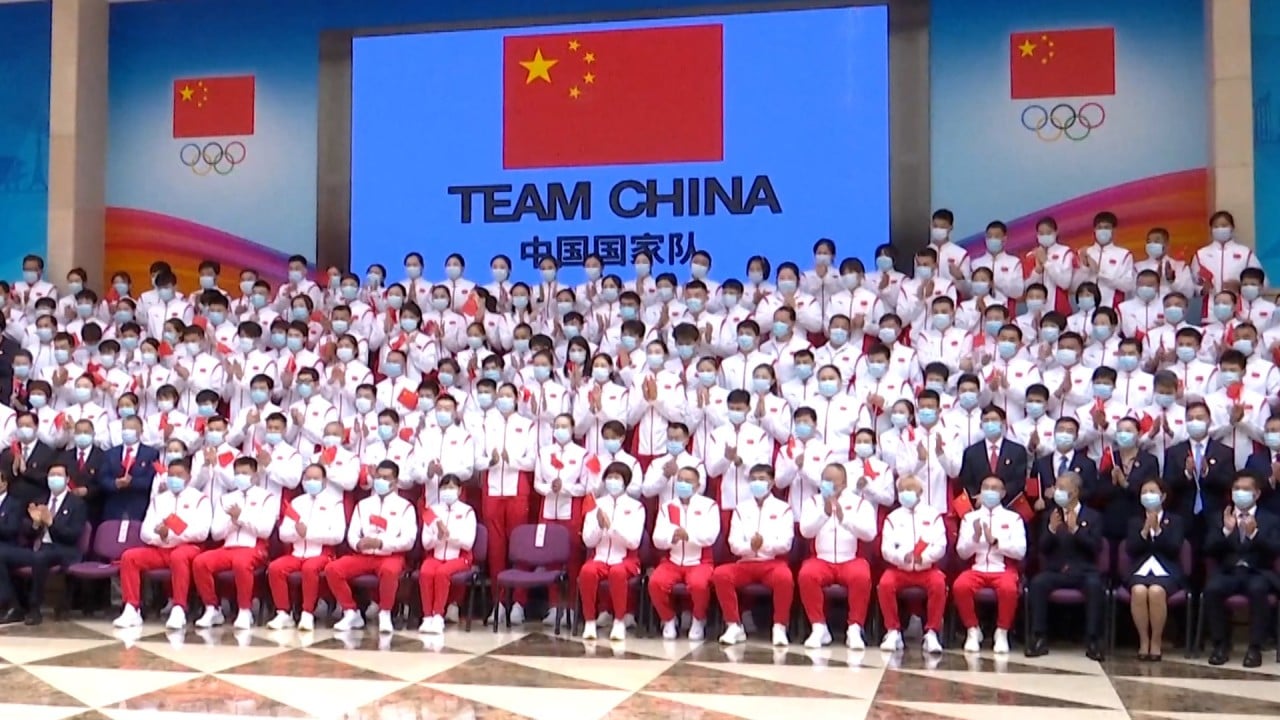
Tokyo Olympics: should Hong Kong pour more money into the quest for medals?
- While some argue that funding translates into Olympic success, other factors, such as population, culture and geography, play a role
- Hong Kong should invest more in fostering a love of sports early in children, which will translate into better public health and might also boost the economy
Some studies have revealed a strong relationship between state investment and funding and medals won in international sports competitions, including the Olympic Games. Some scholars have argued that sustained public investment is a vital factor in nurturing great athletes to compete in international sport events.
The world’s top sporting countries, such as the US, China, UK, Australia, Russia and Germany, invariably spend substantial amounts of money annually on nurturing athletes and developing training facilities.
However, money is not the sole factor in sporting success. For example, Luxembourg, whose gross domestic product per capita is almost 2.5 times that of ours and around twice that of the US, has so far won only one Olympian gold medal.
Perhaps culture, heritage, history and geography play a role. For example, South Korea has traditionally dominated in archery because the sport has a long history and rich heritage in that country.
Schooling aiming to be more than Phelps footnote in Tokyo
Certainly, we should not invest in training and promote sports only to win medals. In fact, we all can learn from South Korean archers who have been performing well because they started out simply enjoying the sport before training seriously at a later age.
If this were the case, Hong Kong should focus on providing more resources to nurture a passion for sports in our young children.

Indeed, a society can draw many benefits from mass participation in sports activities. For one, overall health care costs will decline as people get healthier. It could also lead to the development of many sport-related sectors, such as sport tourism, sportswear, and sport medicine, ultimately contributing to a diverse economy which Hong Kong badly needs.
Children who enjoy a certain sport at an early age will continue to take up that sport in their adulthood. As we look forward to the Olympics, let’s reflect on how we can further encourage Hongkongers to embrace and enjoy sports in their daily life.
Ken Chu is group chairman and CEO of Mission Hills Group and a national committee member of the Chinese People’s Political Consultative Conference


